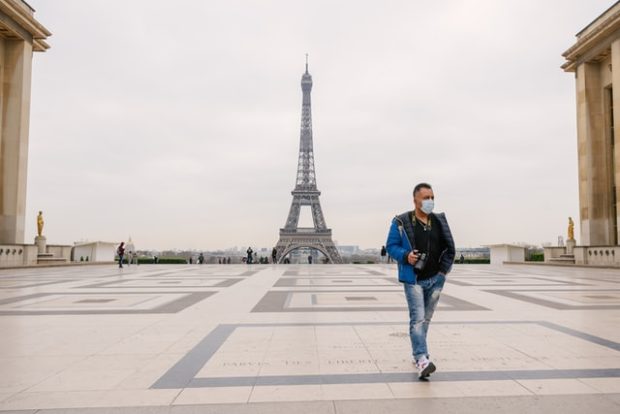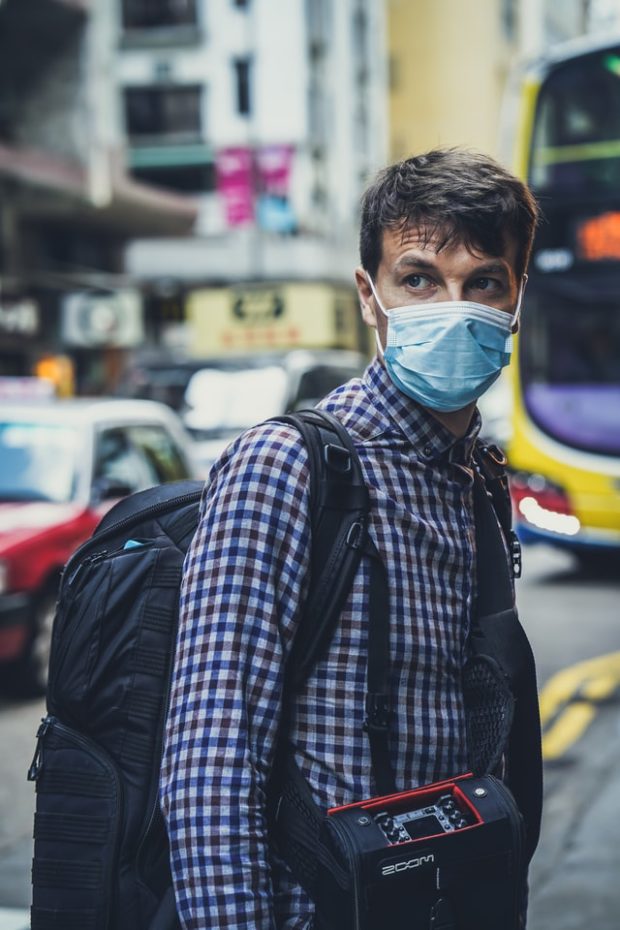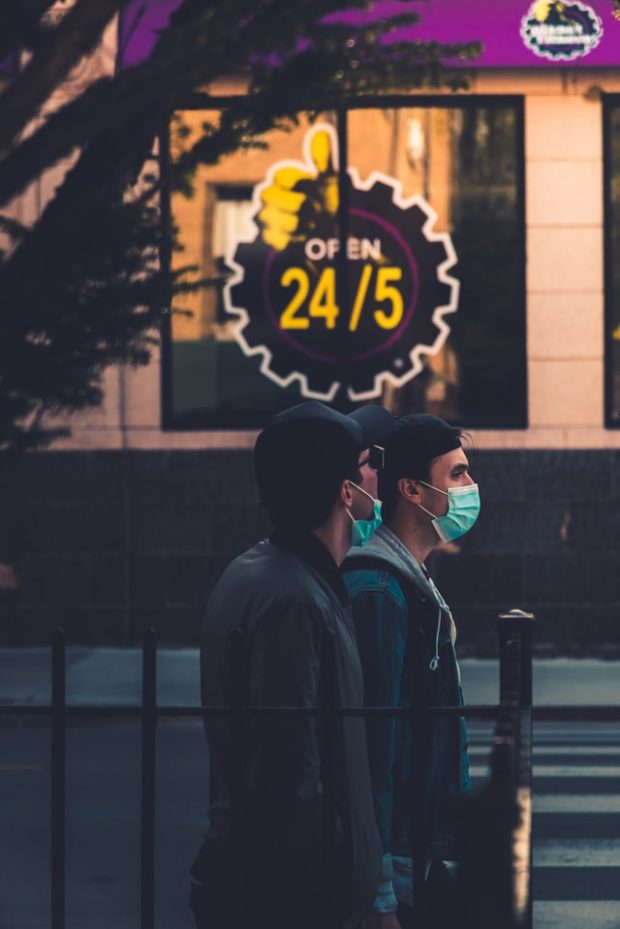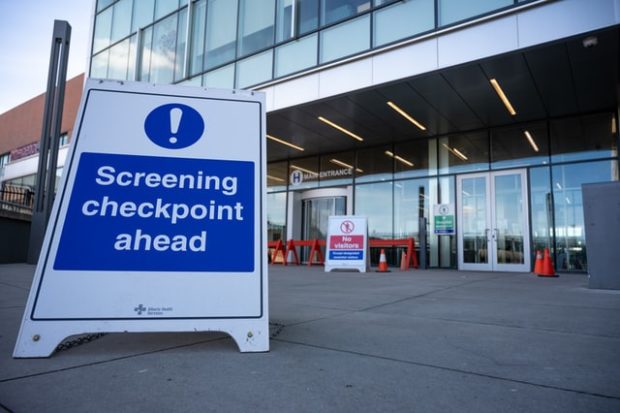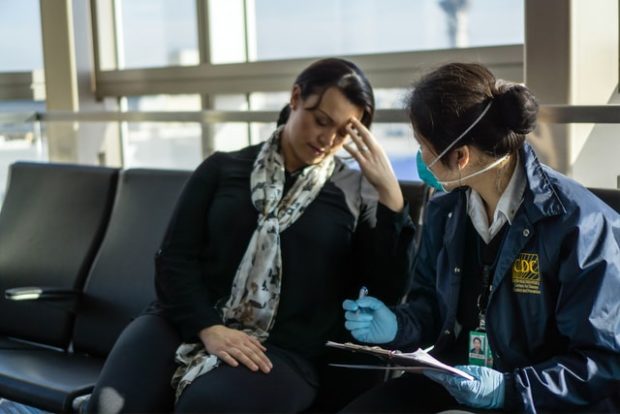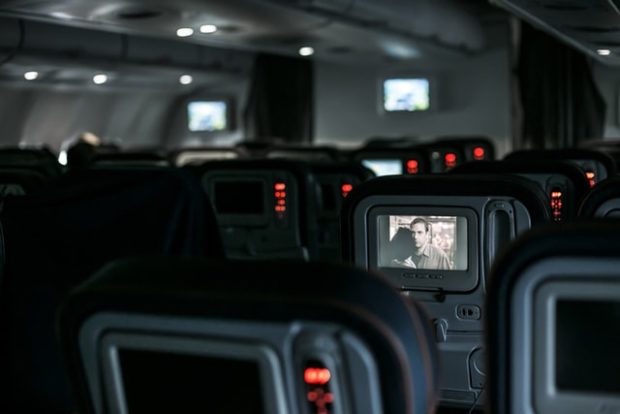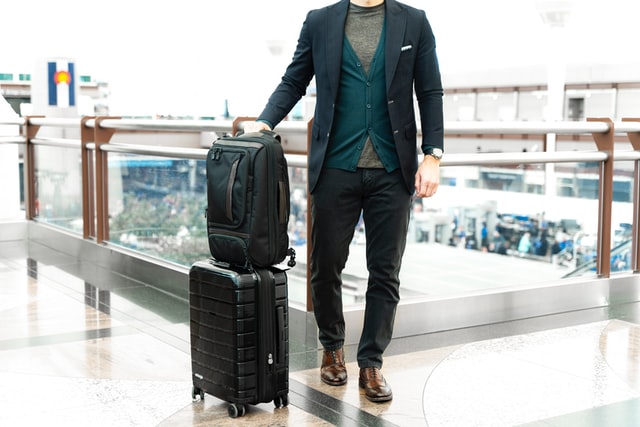Traveling is a leisure activity for most of us. It helps us to get going with life. Most of us feel like locked-up without being able to travel. Unfortunately, due to the COVID-19 pandemic, the whole world has come to a standstill. Due to the worldwide lock-down, we cannot see the better side of daylight, greenery of nature, or meet up with people.
Travel in the post-COVID-19 era is not going to be the same due to several changes. Traveling has long been associated with an increased carbon footprint because any locomotion mode like a car, train, plane, and so on needs fuel like fossil fuel or electricity, which has harmful effects on the environment. Evidently, due to the pandemic, there has been a reduced carbon footprint seen, as most vehicles are not running on the streets.
Traveling as a normal state of affairs will eventually get back to normal according to some Travel Experts in Louisville, KY, but with the following implications.
1. Slow Normalization
Traveling as leisure and enjoyable activity and the most deprived during the lock-down period will be the first thing people will want to normalize. However, due to the lingering threat of the rebound of the pandemic, it possibly will take a long time to get back to normal.
It will take a few months, if not years, for travel to resume as normality. Besides, it is reasonable to guess that people will not stray far away from their homes and will want first to join the local clubs, bars, and other amusement and recreational places.
Public transports will not kick back in use due to the higher risk of contamination with the virus. People will most probably go to drivable locations with their modes of transport.
Some tourism and travel experts remark that people are expressing concerns over air travel; therefore, restoring people’s confidence in air travel is essential for making global tourism a more happening thing again.
2. Redefinition of the Hostels’ Standards
Improper hygiene, in many ways, is the most significant contributor to virulent diseases like Coronavirus. Sanitation is a broad term; it can mean any factor like maintaining the toilet, cleaning, brooming, mopping the rooms on time, or even sanitizing all the items used by those who have boarded the rooms in the hotels.
People have become skeptical about staying in places like hotels where they have to use shared items like a pillow, quilt, and so on. The big names in the hotel industry have emphasized increasing their hygiene standards to ensure that their hotels do not turn out potential hubs for spreading the diseases. Therefore, they are planning to make stricter standards for lodging and checkout, and any other activity that demands additional hygiene matrix.
One such method suggested by some Travel Experts in Louisville, KY is to reduce the number of people occupied at any given point of time; it will help with better social distancing.
Another method if using hand sanitizers at the entrance of the hotel, rooms, and lifts. Moreover, better coverage and monitoring of CCTV footage will help the vigilance team to monitor whether the sanitation activities are taken care of deftly or not.
3. Redefining the Aviation Standards
Air traveling is the means for many undesirable things like terrorist attacks, and so on. After the 9/11 incident, the security at airports around the globe was beefed up, and there were several security measures introduced, e.g., CCTV cameras and x-ray scanners.
Similarly, air traveling is also a gateway to the spread of pandemics like Coronavirus from one country to another. One measure is scanning the temperature of passengers with no-contact temperature scanners; it can help us identify possibly ill passengers. The staff at the airport can arrange the travel such that other co-passengers are not infected.
Wearing face masks or face shields by the staff is the best way to avoid contracting any such infection for themselves. Rapid COVID-19 tests can help with getting faster results to prevent the boarding of any infected person.
Due to the massive cut-down on traveling, the air travel companies follow the social distancing practice on flights by arranging seats apart; however, when things seem to get regular, this practice will not be feasible for the flight company or the passengers, from an economic point of view.
Some have suggested the implementation of transparent barriers between seats for avoiding the exchange of breathable air.
To Conclude
This is how the post-COVID-19 phase shall look like, and it will have a significant impact on travel. First of all, it will take long for things to get back to normal, the hygiene standards of hotels will be increased, and the aviation standards will significantly increase.

